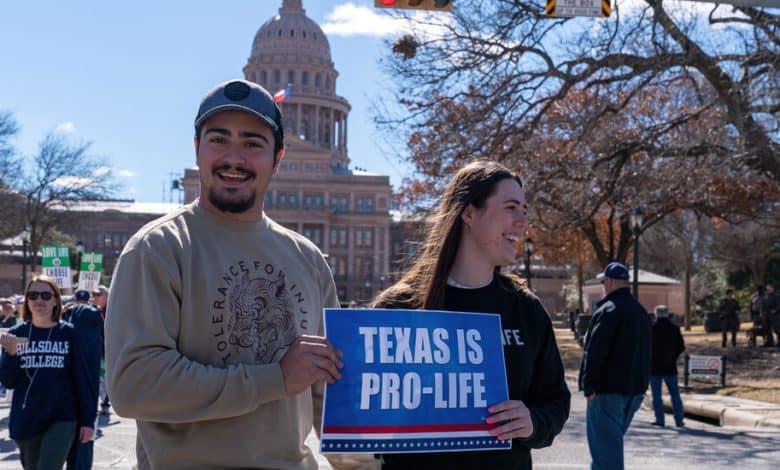What a Reported Trump Plan on Restricting Abortion Would Mean

A nationwide ban on abortions after 16 weeks of pregnancy — which Donald J. Trump is considering backing, according to a New York Times report — would prevent very few abortions in the United States.
Mr. Trump, the front-runner to be the Republican presidential nominee, has not publicly spoken about the proposal. It would most likely keep in place more restrictive bans in the nearly half of states that have them, but would be a change for states where abortion remains largely unrestricted.
Such a law, which would require congressional action, would affect only a small minority of women seeking abortions. Before Roe v. Wade was overturned in 2022, just 4 percent of legal abortions happened at 16 weeks or later, according to Centers for Disease Control and Prevention data from 41 states in 2021, the most recent available. Those women tend to have medically complicated pregnancies.
By supporting such a ban, Mr. Trump may be trying to thread a needle: He could claim credit among conservatives for imposing more abortion restrictions, as he has done for installing three Supreme Court justices who helped overturn Roe. But he could also try to appease more moderate Americans who are wary of stricter abortion bans. The relatively small number of abortions that would be prevented, and the unpopularity of further abortion restrictions as reflected in polling, suggest that it may be a difficult balancing act to pull off.
A national 16-week limit would be more politically popular among Americans than complete abortion bans, but still not broadly popular. Around 40 percent of voters have said they are comfortable with abortion restrictions at around that time in a woman’s pregnancy, though public opinion on such matters is complicated.